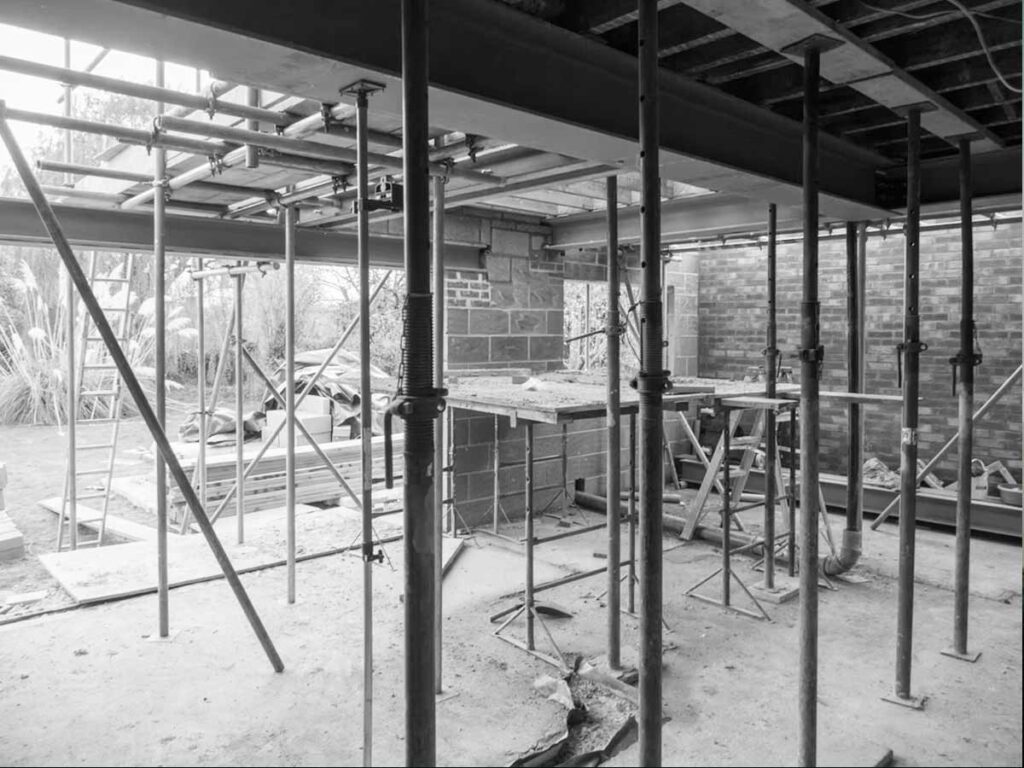Securing funding for small-scale property developments, such as boutique apartments, townhouses, or residential subdivisions, is a critical step in bringing your vision to life. Unlike large-scale projects, small-scale developments often require more creative financing solutions to overcome challenges such as limited collateral and tighter cash flow. In this blog, we explore the most effective commercial finance options and strategies for small-scale property developers, helping you find the right path to success.
1. Traditional Bank Loans: A Trustworthy Option for Stable Developers
Traditional bank loans are a common choice for small-scale property developments, especially for those with a solid credit history and well-prepared project plans. Banks typically offer lower interest rates compared to alternative financing options, making them ideal for projects with clear profitability and low risk.
- Tip: To increase your chances of approval, ensure your loan application includes a comprehensive business plan that outlines your project’s feasibility, projected cash flows, and market analysis.
- Key Consideration: While traditional bank loans can provide stability, the approval process can be lengthy and may require significant documentation, including detailed financial records, collateral, and a strong credit score.
2. Leverage Private Lending for Fast and Flexible Financing
Private lenders are increasingly becoming a go-to option for small-scale property developers who need flexibility and faster access to capital. Private lenders can tailor loan terms to meet the specific needs of a project, allowing developers to secure financing without the extensive documentation required by banks. This is especially beneficial for developers working on time-sensitive projects or those that may not meet traditional bank criteria.
- Tip: Engage a mortgage broker to access a network of reputable private lenders who can offer competitive interest rates and customized loan structures. A broker can streamline the application process and help you negotiate favorable terms.
- Key Consideration: Private lending often comes with higher interest rates, reflecting the increased risk taken on by the lender. It’s essential to ensure that the projected returns from your development can cover the higher cost of borrowing.
3. Tap into Government Grants and Incentives
Government grants and incentives can be a valuable source of funding for small-scale developments, particularly those focused on affordable housing or sustainable building practices. Programs may vary by state, but they often include financial assistance, reduced interest rates, or tax incentives that can significantly reduce the cost of development.
- Tip: Research available grants and tailor your project to align with eligibility requirements, such as incorporating energy-efficient construction methods or offering affordable housing units.
- Key Consideration: Government grants often come with strict compliance requirements, so ensure your project meets all criteria before applying to avoid delays or rejections.
4. Partner with Equity Investors for Shared Success
Equity investors can provide a significant source of capital for small-scale developments without adding debt to your balance sheet. By offering a share of the project’s profits, you can attract investors who are interested in the potential returns of your development. This arrangement can be particularly appealing for projects with strong profit potential but limited upfront cash flow.
- Tip: Prepare a compelling pitch deck that highlights the projected return on investment (ROI), market demand, and timeline for your project. Transparency and a well-defined profit-sharing agreement are key to attracting the right investors.
- Key Consideration: While equity investment allows you to avoid regular loan repayments, it also means sharing a portion of the project’s profits and potentially involving investors in decision-making processes.
5. Use Self-Funding Strategies for Greater Control
If you have personal savings or can leverage equity from existing properties, self-funding may be an option for small-scale developments. This approach allows you to maintain full control over the project’s direction and avoid the costs associated with external financing. However, it also involves taking on significant personal financial risk.
- Tip: Consult with a financial advisor to ensure that using personal funds won’t strain your finances or jeopardize your overall financial stability.
- Key Consideration: Self-funding carries significant risk, especially if the project encounters delays or market fluctuations. It’s important to have a backup plan in place.
Securing the right funding or property development finance is key to the success of any small-scale property development project. With options ranging from traditional bank loans to private lending and equity partnerships, it’s important to choose the method that aligns with your project’s needs and financial capacity. Contact The Brokerage for commercial financing options including property development finance in Brisbane & Sydney.
